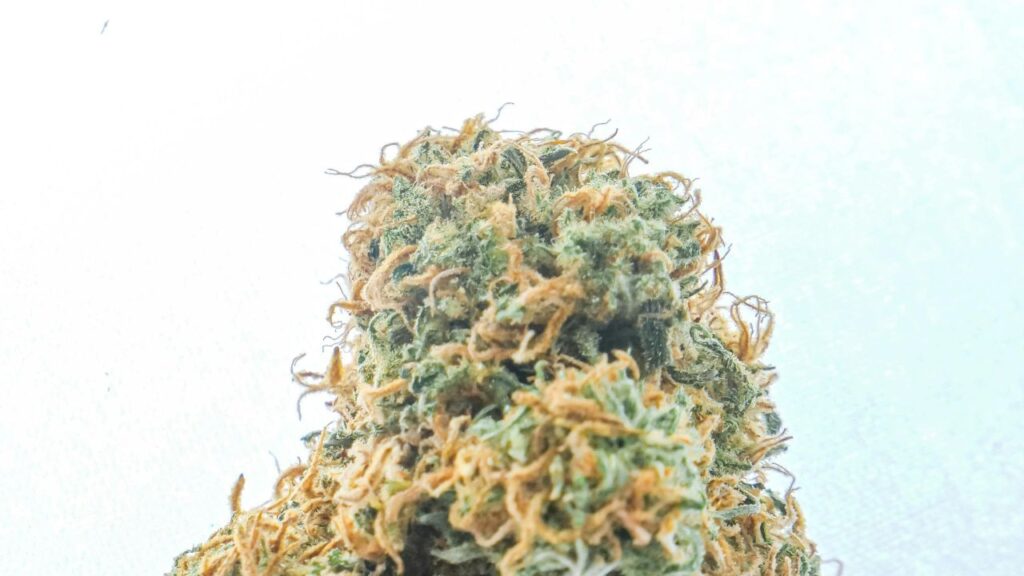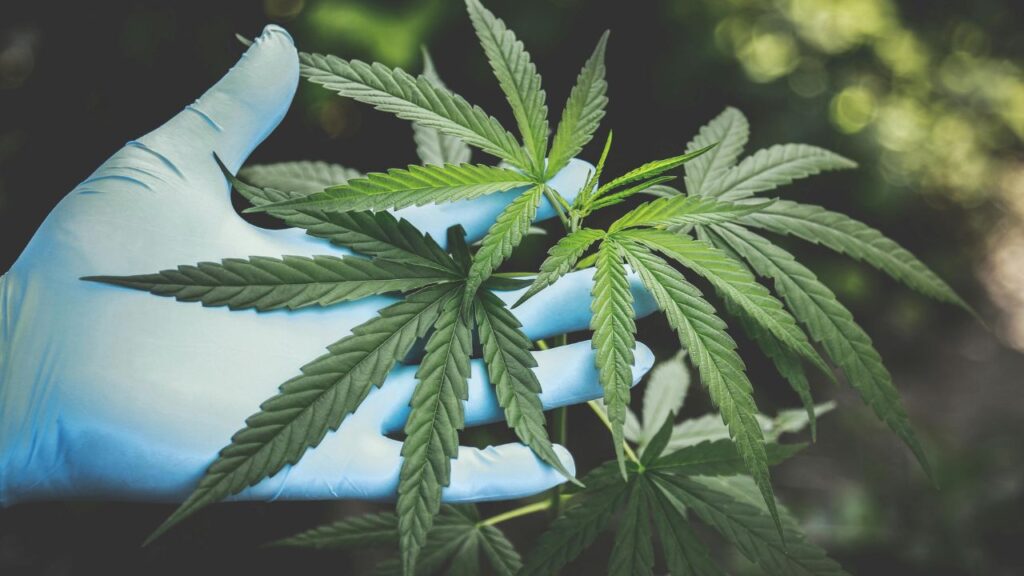Marijuana, also known as cannabis, has been a topic of debate for decades. As more states legalize its use for medical and recreational purposes, questions surrounding its safety and potential risks have come to the forefront. One common concern is whether it’s possible to overdose on marijuana. In this article, we’ll explore the facts about marijuana overdose, discuss the potential risks associated with excessive cannabis use, and highlight how Swift River can help those struggling with marijuana addiction.
What Is a Drug Overdose?
A drug overdose occurs when a person consumes a substance in a quantity that their body cannot process, leading to adverse effects and potentially life-threatening consequences. Overdoses can happen with various substances, including prescription medications, illicit drugs, and even legal substances like alcohol.

Can You Overdose on Marijuana?
While it is possible to consume too much marijuana and experience unwanted side effects, it is virtually impossible to fatally overdose on cannabis alone. According to the Drug Enforcement Administration (DEA), there have been no reported cases of death solely attributed to marijuana overdose.
The reason for this lies in the way marijuana interacts with the body’s endocannabinoid system. Unlike opioids, which can cause respiratory depression and lead to fatal overdoses, marijuana does not suppress the respiratory system to the same extent. The cannabinoid receptors in the brain and body are not located in the brainstem areas that control respiration, making it highly unlikely for marijuana to cause life-threatening respiratory depression.
Marijuana Intoxication and Adverse Effects
Although a fatal marijuana overdose is unlikely, consuming too much cannabis can still lead to unpleasant and potentially dangerous side effects. These may include:
- Anxiety and paranoia: High doses of THC, the primary psychoactive compound in marijuana, can cause intense feelings of anxiety and paranoia, particularly in individuals who are new to cannabis or have a low tolerance.
- Increased heart rate: Marijuana can cause tachycardia, or a rapid heartbeat, which may be dangerous for people with pre-existing heart conditions.
- Nausea and vomiting: Some heavy, long-term marijuana users may experience cannabinoid hyperemesis syndrome (CHS), a condition characterized by recurrent episodes of severe nausea and vomiting.
- Impaired coordination and motor skills: Marijuana can affect balance, coordination, and reaction time, making activities like driving or operating machinery dangerous.
- Confusion and disorientation: High doses of marijuana can cause confusion, disorientation, and short-term memory impairment.
- Hallucinations and psychotic episodes (in rare cases): In some individuals, particularly those with a predisposition to mental health disorders, marijuana use can trigger hallucinations or psychotic episodes.
The severity of these side effects can vary depending on factors such as the individual’s tolerance, the potency of the marijuana, and the method of consumption (e.g., smoking, edibles, or concentrates). It’s important to note that while these adverse effects can be distressing and potentially dangerous, they are generally not life-threatening.

Marijuana Addiction and Treatment
While marijuana may not pose the same overdose risks as other substances, it can still lead to addiction and negatively impact a person’s life. Marijuana use disorder is a recognized condition characterized by a problematic pattern of cannabis use that leads to significant impairment or distress.
Signs of marijuana addiction may include:
- Tolerance: Needing increasing amounts of marijuana to achieve the desired effect.
- Withdrawal symptoms: Experiencing irritability, anxiety, insomnia, or other uncomfortable symptoms when not using marijuana.
- Continued use despite negative consequences: Persistently using marijuana even when it causes problems in relationships, work, or other areas of life.
- Neglecting responsibilities: Failing to fulfill obligations at work, school, or home due to marijuana use.
- Unsuccessful attempts to quit: Trying to cut back or stop using marijuana but being unable to do so.
Get Addiction Treatment At Swift River
At Swift River, we understand the challenges faced by those struggling with marijuana addiction. Our experienced team of healthcare professionals provides comprehensive, evidence-based treatment tailored to each patient’s unique needs.
Our addiction treatment programs include:
- Medical detoxification: Our medical staff closely monitors patients during the detox process, managing withdrawal symptoms and ensuring a safe, comfortable experience.
- Individual and group therapy sessions: Patients participate in therapy sessions to explore the underlying causes of their addiction, develop coping strategies, and build a strong foundation for recovery.
- Cognitive-behavioral therapy (CBT): CBT helps patients identify and change negative thought patterns and behaviors associated with marijuana use, replacing them with healthier alternatives.
- Family therapy: We involve family members in the treatment process to rebuild relationships, improve communication, and create a supportive environment for long-term recovery.
- Aftercare planning: Our team works with patients to develop comprehensive aftercare plans, including ongoing therapy, support groups, and relapse prevention strategies, to ensure long-term success in recovery.
Contact Us
While marijuana overdose may not be a primary concern, the potential for addiction and the negative impact on a person’s life should not be overlooked. If you or a loved one is struggling with marijuana addiction, know that help is available. Contact Swift River today at 413-570-9698 to learn more about our treatment options and take the first step towards a healthier, substance-free life.













